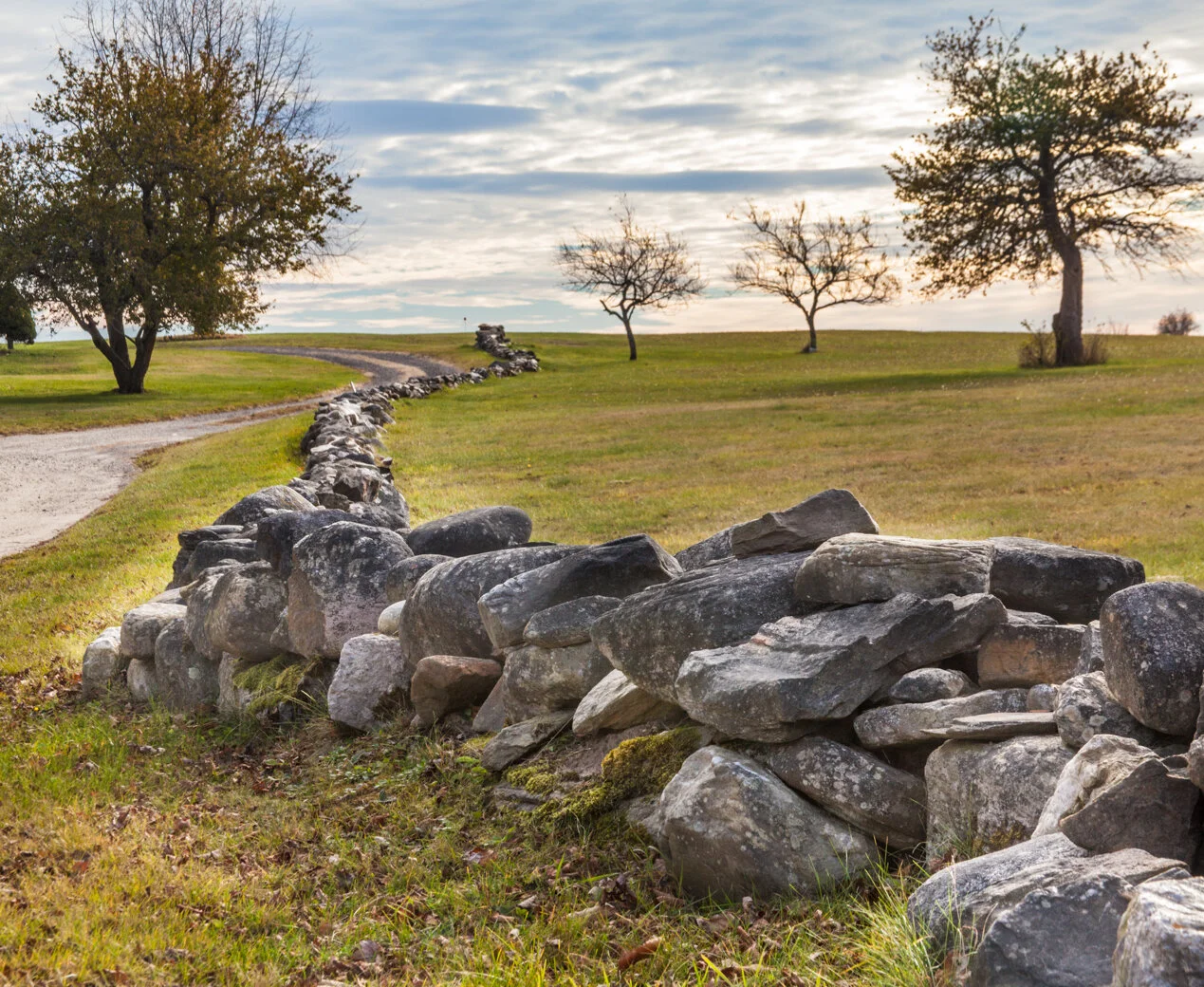Why do Communities Need Boundaries?
Many people are afraid to erect boundaries around their community. They worry that boundaries can exclude, humiliate, and alienate others. There’s no question that boundaries can be used that way, and, all too often, are. But that doesn't mean that all boundaries are bad.
In my work, I consider communities to be bound by shared values — values about something. They can be about bicycling, about living on your block, or about a commitment to ending genocide. Valuing the relationships in your family is a shared value.
Not everyone in the world is going to share the values that bind your community together. That is to say, there's a difference between people who are or should be in your community and at least some other people on the planet. For example, someone who doesn't value the relationships in your family probably shouldn't be in your family community. At least not now.
It is common to confuse the idea of self-selection, where prospective members can take steps to join your community and an "everyone belongs inside” ethos. These two ideas are not the same.
The latter ethos can come from a very generous place. It may be a reaction to elitist or discriminatory communities that kept ridiculously tight boundaries that seemed hurtful or silly to outsiders. But rarely does everyone in the world belong inside any given community.
This penchant toward generous welcome can seem almost instinctual. My friend Gabriel runs an international fellowship. When I asked him who belongs within the Fellowship community, there was a long pause. And then he laughed out loud. He told me that his first reaction was to say, "Everyone belongs inside." He laughed because the Fellowship accepts a very small minority of applicants who are themselves nominated by faculty from the top universities in the world. His fellowship has created an elaborate structure to reject most people and yet, as a leader, he wants to say that everyone belongs inside.
If you believe that, in fact, everyone in the world does belong in your community, you are going to confront the “everything-nothing” conundrum. For example, if we declare that everything in the universe is good, and nothing in the universe is not good, then good is no longer a distinction. Everything being good means nothing is. Similarly, if everyone is inside your community, then your community cannot be distinguished from no community.
Acknowledging the boundary between your community and the outside world helps you create something as opposed to nothing.
But visitors must perceive the boundary to be porous. If they have no line to cross (formally or informally), they will not perceive a community worthy of their participation.

